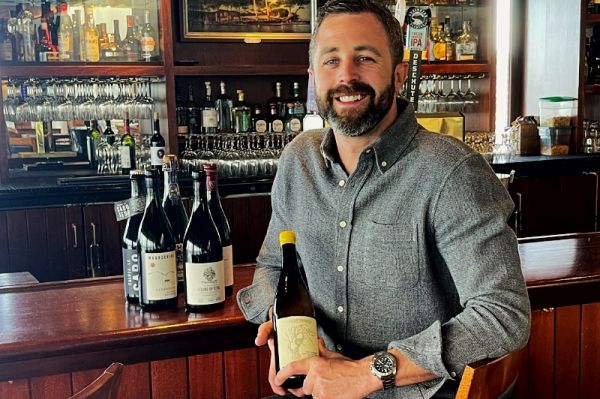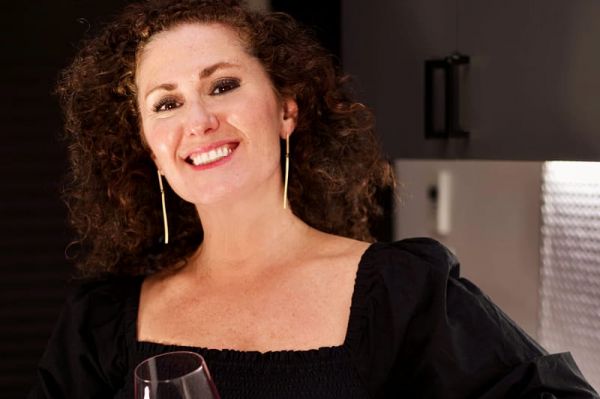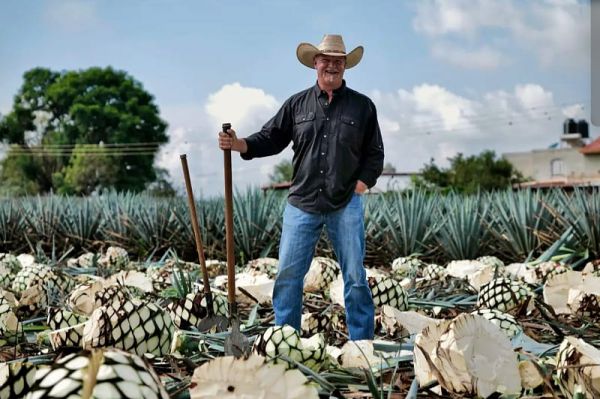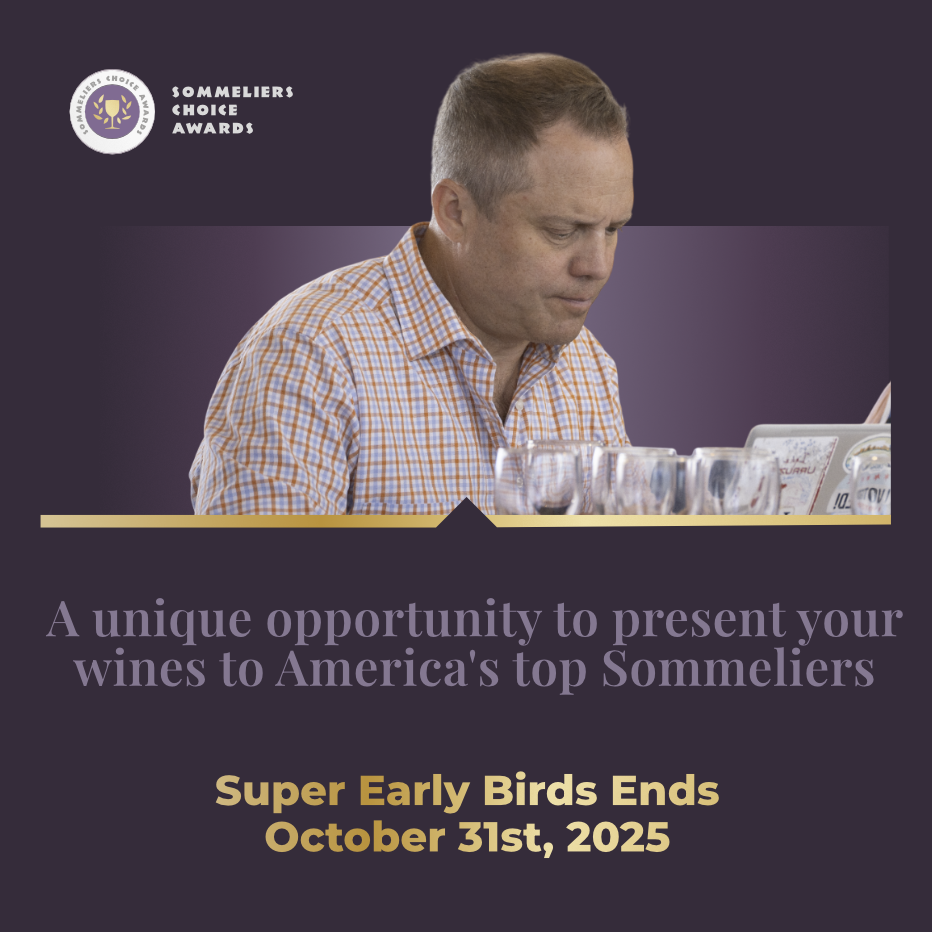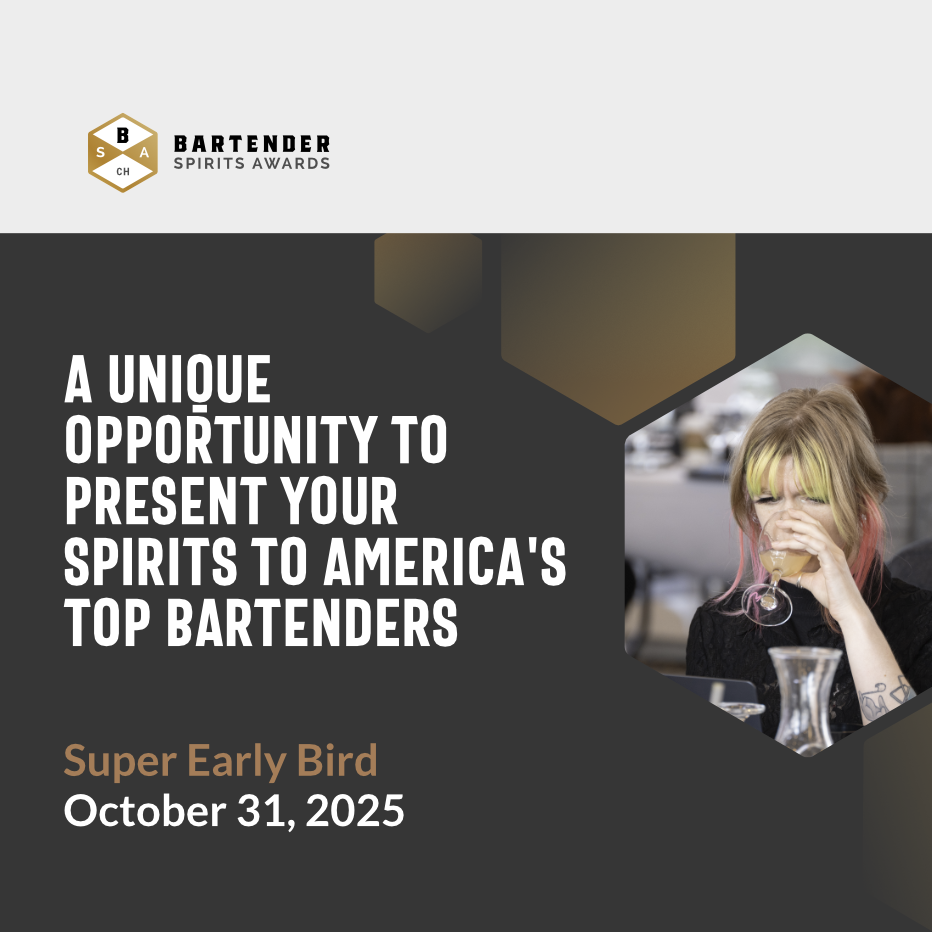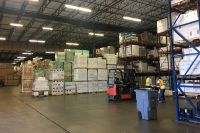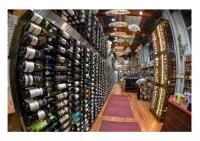Log in to your account
Lost password?Distribution
Larry Lieberman on successfully working with your distributor
Larry Lieberman, owner of Lieber Fine Wines & Spirits dives deep into the ins and outs of running a distribution business.
02/09/2021
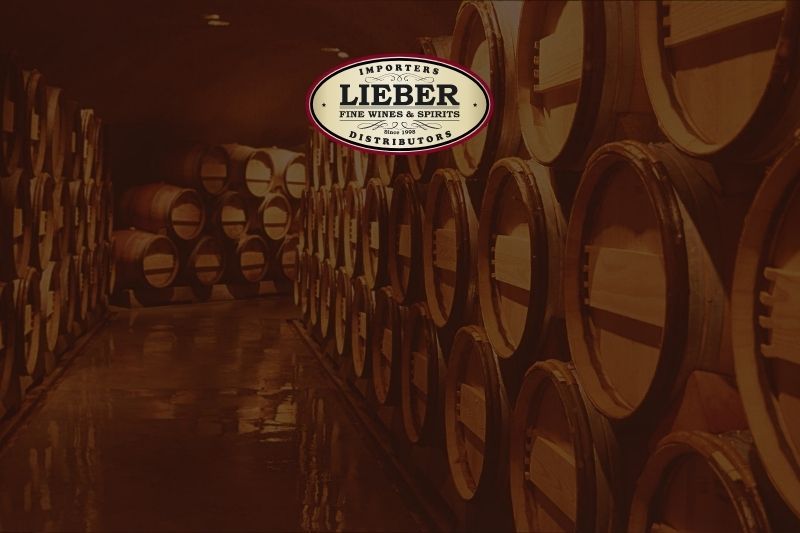
Lieber Fine Wines & Spirits, owned and run by Larry and Jeff Lieberman began its journey as an import company in the early 1990s. In 1998, they transitioned from being importers to distributors and now function in New York, New Jersey, Florida, and Pennsylvania.
[[relatedPurchasesItems-28]]
“I still remember the day we decided to become a distributor,” says Larry Lieberman. “I was in the city with my brother, checking out accounts for our New York distributor, and thinking about how we are doing the selling for our brands - not only in New York but around the country. That is when we thought, why aren’t we a distributor? We love to sell and meet our customers, so why not do it ourselves and help other brands who are facing the same challenges we are.”
Over the past twenty-three years, Larry and Jeff have built Lieber Fine Wine & Spirits with a passion for the trade, and the aim to actually focus on and build brands. Today, Larry shares with us his journey in the alcohol beverage industry, and how suppliers can successfully work with distributors and grow their brand.
“We believe philosophically, that the way to continue to grow our company is with a vertical, not horizontal mentality. What do I mean by this? We do not continually take on brands, sell into our friends, see a spike in sales and move on to another new product. Our portfolio is not the largest in our markets, and we do not cover all regions from around the world. We focus on brands individually and look to build them.”
How did you get into the alcohol beverage industry?
My family started out in the wine and liquor business in the late 1970s and 1980s. My father, Stuart Lieberman, owned a retail store in the Bronx at the time. As my brother and I got older, we began working for him, and that kickstarted our learning process about the industry. I remember one New Year’s Eve; I must have been around eighteen years old - and I wanted to go out with my friends to a party in Manhattan. When I asked my dad if I could leave early, his reply was, sure, leave at 11:59. Our closing time was midnight. A strong work ethic and an understanding that nothing worthwhile comes easy is the foundation of how we built our business over the past twenty-three years.
During college, I worked in the United States Senate office, which gave me the opportunity to meet and work with incredibly talented people from both sides of the political spectrum. This was many years ago and without dating myself, Tip O'Neil was the Speaker of The House of Representatives. This was an exciting time in politics, and as a young person, I learned many lessons that to this day I use to manage our business.
The people I learned from are icons in our political history. At that time, cooperation and finding common ground were really a part of how things got done. After graduating from college and contemplating going to law school, I decided that taking the challenge of starting my own company in an industry I grew up in was the path I wanted to take.
When selecting a brand for your portfolio, what are some of the things you tend to look at?
Fundamentality. We understand that to be relevant in any business, the market must see an opportunity to make money with your company. OPR (quality-price ratio) is the basis of how we select products for our portfolio. Of course, another important component is the people behind the brand. In our world, who we work with is equally important.
Over the years, we’ve had very positive experiences working with talented individuals that understand the dynamics between a supplier and distributor. Today, we have relationships that go back to when we started our company.
So there are two elements that must be met when looking at a brand.
-
The product, its background story, where it fits in our portfolio, and the market as a whole.
-
The people. Without good people, the brand will not work.
Those two ingredients need to be in place for us to be interested in the product. Of course, there are other factors, but these two definitely top the list.
What are some of the things you need from a brand when they’re added to your portfolio?
This is very important, so we make sure these things are discussed and worked out prior to us taking on a brand. Brand support is an important aspect of our decision-making process. We expect all of the industry-standard support. This would include samples, salesperson incentives, and POS. We look for great medium-sized suppliers. We work together as a team with our suppliers and advise them on the best use of available marketing and promotional dollars.
According to you, what does a good brand pitch entail?
Great question. The most important thing, I would say, is to be prepared. It’s that simple. If you are meeting with decision-makers, be ready to make a decision. The best pitch I ever made was, before meeting with a potential distributor, I hit the market and sell as many cases as possible. At the end of the meeting, I asked for a 500 case opening order. You should have seen the look on the faces of the people in the room. When I showed them my orders filled out properly on an order sheet, I got a 1200 case container order. Nothing convinces a distributor to take on a product like proof of concept, and a supplier that comes with orders in hand. That’s a game-changer when pitching products.
How do you work with restaurants/bars to ensure that what you've put in there is selling?
Our business is all about offering something of exceptional quality, that our customers see as an opportunity to make additional revenue. On-premise has different challenges with respect to spirits, as opposed to wines. Every account is different and has different needs.
If a product is not working, we want to know why. On-premise accounts are great because you get customer feedback immediately. Usually, staff training solves the most common issues. We find servers are very busy and do not have time to recommend every wine on a list. This is why we focus primarily on ‘by the glass’. Education is key. Once we meet with the staff two or three times, they see the value in our products and believe their customer will enjoy their recommendation. We are a full-service company. If an account needs our help in writing a wine list or food pairing, we have experts on our team that assist the account. From a service perspective, we feel we can meet the highest expectations.
Spirits are much more marketing-driven. People are emotional and brand-conscious when ordering spirits. The larger spirit suppliers do a great job with on-premise. If you look at the back bar of any account you will recognize ninety-nine percent of the spirit brands. That doesn’t mean that building a spirits brand in the on-premise sector is impossible. But without a well-thought-out plan and financing, the battle becomes much more difficult.
And how do you work with retailers?
Much of what I said about QPR applies to the off-premise trade and how products achieve shelf space. I grew up in retail, so I understand what this segment of the market is looking for quite well. Distributors are all fighting for shelf and floor space. We certainly want to be a feature item in a retail store and we feel our business model offers our customers a reason to focus on the brands they sell from our portfolio.
Our core values, growing up in the retail business and learning from the ground up, have always been to be an option for our customers, with high-quality products, in those categories that they can make a longer gross profit with. The fact is and it has been proven many times with the proliferation of private labels is that customers want to be introduced to new products with a perceived value, and retailers can sell the items they want to push in their stores.
The pandemic has changed choices for a lot of people. How have you seen consumer drinking choices change?
The pandemic certainly disrupted the way we have done business as an industry for as long as I can remember. It is not easy to alter how a consumer purchases product. The pandemic accelerated people's ability to purchase wines and spirits online and really normalized this as an option rather than going to a brick-and-mortar location.
How this affected our business is that we have brands, when talked about and sold to consumers, thrive and do exceedingly well. Consumers are purchasing products online that they know and are less exposed to other interesting product opportunities.
What are some upcoming drinks trends that might make it big?
That's a great question. I recently asked kids a similar question. They are 18 and 21 years old. The RTD category will continue to do well and I think innovative flavors and concepts in the spirits category are going to continue to grow. This question is one that everyone asks themselves. I think there are great new products coming on the scene that have that special intangible quality that will catapult it to stardom. Our focus will continue to be on making the products we sell the next big brand.
What brands/spirits/wines do you have on your personal shelf these days?
I would say I love both my kids equally. The same goes for the products in our portfolio. There is no one product I would not take home personally.
Are you harnessing any digital platforms during this time?
Actually, we are in the process of investing in digital platforms. For now, that’s all I would say.
Any advice for other distributors?
Being very direct, I do not think it is my place to advise anyone on how to run their business. There are many competitors who are great at what they do and I admire them. We all face different challenges. We have made plenty of mistakes over the years. All we can do is the best we can. The only advice I do have which is most important, integrity comes first. Do what you say you will do and if you cannot, be upfront about it.
What are some of the problems you tend to face while working with suppliers? And how can they be resolved?
In my opinion, problems arise from poor communication with regard to many factors. Understanding expectations avoids most issues. Usually, this is where it all stems from. Both suppliers and distributors need to work as a team to accomplish the collective goals.
We have worked with amazing suppliers over the years, and some not so amazing. I think we all tend to forget the human element of the relationship. We refer to our relationship as supplier/distributor. Really, we are all people and it is the person that matters most. Having the ability to talk openly and honestly is how brands develop. If there is trust between both people, and a positive working relationship, a lot can get done.
We have built many brands, one in particular, I will not mention the name, but we did an exceptional job. Our company outsold major distributors around the country. We built this brand and others in that portfolio from zero cases to many thousands. Because of one manager that was a new hire the person decided to move the brands. There was no thought as to how this would affect our company or the people that depended on the commission. We did an extraordinary job and after it was announced we lost the line I received calls from people I did not know who are senior executives in the industry expressing their dismay at this decision. Those brands are now gone from the market and one product is barely visible.
The point I am making with respect to this situation is, all too often we forget about what goes into a successful brand-building relationship. If there is one takeaway from this is that we need to recognize hard work. It's easy to make a promise when taking a brand, not so easy to keep it. Loyalty goes a long way.
And any advice for suppliers/brands?
Being competitive in the category you are trying to penetrate is the first hurdle you need to jump over. If you target a market segment, know the competition and what they are doing to be successful.
Of course, many suppliers do not have the budget of the major brands. That's not necessarily the most important issue. Product quality and a unique selling proposition are critical. We are about to launch a new brand in a very crowded category. I am incredibly excited to get this going. The reason is the product, the supplier, and the back story has tremendous credibility. So, we feel confident about our plan to gain market share for this brand.
Lastly, what are you drinking right now?
There isn't one product or category I am drinking now. We had friends over this past weekend and I opened a few different wines. They were from diverse regions and price points. I will tell you they were exceptional. Two of the wines were ten years old. It’s sort of like asking me what kind of music do I listen to. I love all different kinds of wines, regions, vintages. Not to mention spirits.







